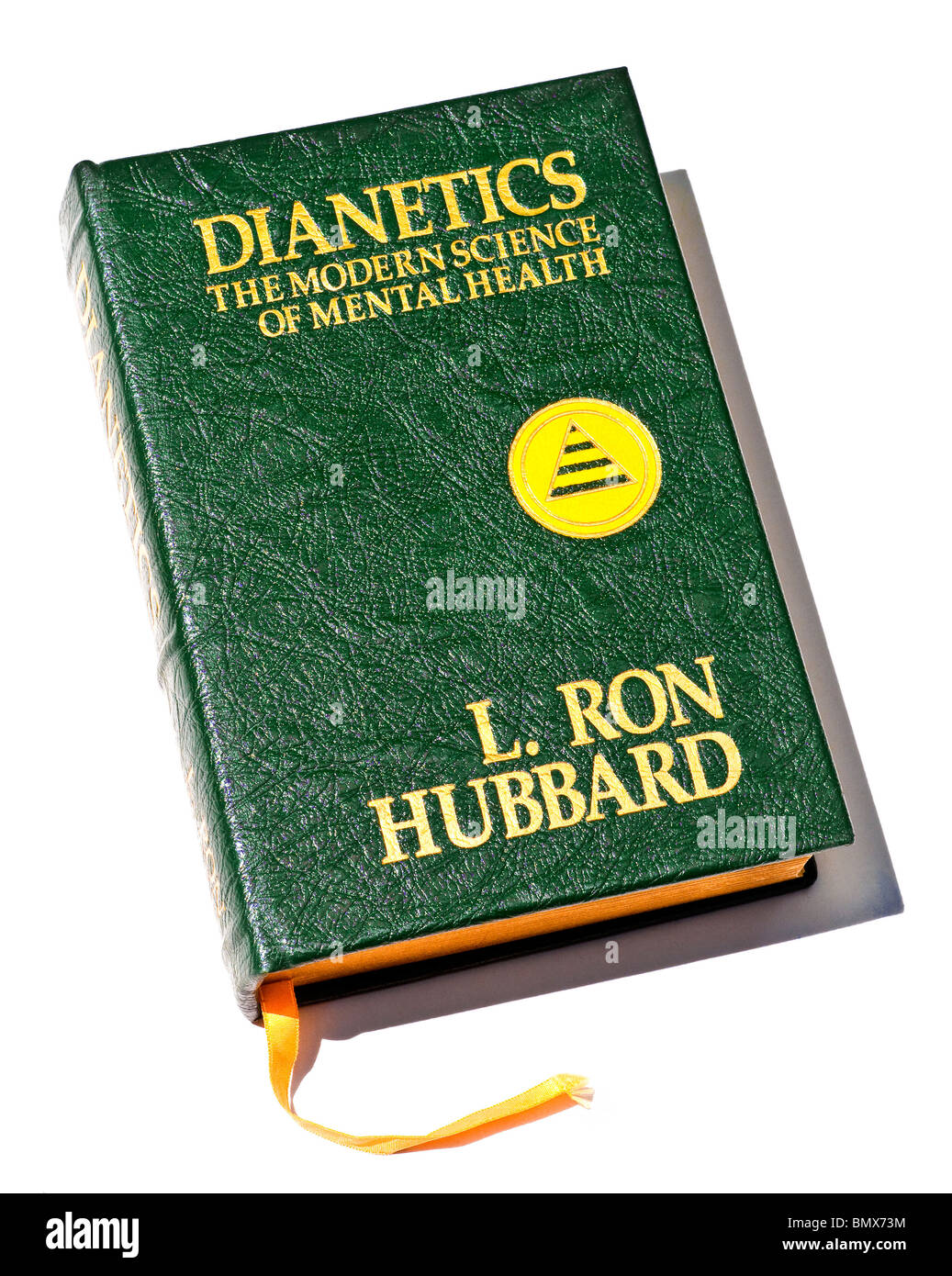Dianetics - An Overview
Dianetics - An Overview
Blog Article
The 25-Second Trick For Dianetics
Table of ContentsSome Known Details About Dianetics Not known Details About Dianetics The 9-Minute Rule for DianeticsThe Only Guide for Dianetics
I could not ever before not desire to obtain anything that enters your mind for you- if it was or else, I would not be sitting right here with you, doing this. I not only might never have an issue, or otherwise intend to hear something that comes to mind for you, but I'm totally anxious to understand every concept, every idea, every photo or sensation that emerges or shows up for you- do not ever think or else, and if somehow you do, please simply let me understand! In some cases, you may have a thought, and photo, idea or incident pop up that does not seem to respond to the question, or connect to it, yet nonetheless, always do inform me concerning it, and as we proceed, the relevance will emerge for you.This is fundamental in the basis of processing, and the subject of this discussion: the standard functions of the counselor and the customer: The fundamental role of the therapist is, in contrast to "basic training", not to regulate, which means to enforce and/or inhibit, yet to rather work from the basis of EMPOWERING THE CLIENT.

Dianetics - An Overview
John Mcmasters expressed this standard fact splendidly well in among his lectures on Power handling, wherein he describes just how he was asked what this "unique propensity" was that he had for offering such wonderful sessions; he had to think of that for a minute, and identified that it was what he wasn't doing, as well as what he was doing: he wasn't reviewing, evaluating, computer, or as a matter of fact, creating any kind of ideas, allow alone spoken expressions, after providing the command and while waiting for the computer to finish their solution to their complete satisfaction; he was, simply and just, existing with the PC, and completely interested.
The role of the therapist, showed; that was his "special knack". I have actually had my own experience which instructed me this well, very early on in the video game. In 1982, having recently finished my training and internship on New Age Dianetics, I was running this on a COMPUTER, and there was a Our site factor in the session where (being a little bit damp behind the ears not yet having numerous hours under my belt as a specialist auditor) the PC seemed to be "taking also long" to reveal anything vocally after I provided him a command.
This key ended up being the most valuable payment that John ever made to the topic of therapy or bookkeeping (Dianetics). In my simple viewpoint, it is the biggest contribution that any person has ever before made to these subjectsthe application is totally non-judgemental, non-evaluative, and lacking any tip, advice or opinion.no preconceived schedule for people, or 'levels' that they should do
In Idenics, the only source of details about a customer is the private client. In Scientology we prided ourselves on not assessing for individuals. All that really indicated was that the auditor did not Vocally evaluate for the Computer in session. The registrars and ethics officers reviewed for the computer.
Fascination About Dianetics

Anyone who had actually Your Domain Name ever seen John audit might not help yet notice a distinct top quality in his bookkeeping."The customer's standard duty is to be there with the function of relocating the direction of their spiritual goals, and to easily and completely share and experience whatever manifests for them in answering the questions and carrying out the instructions in the processing.
This is something to procedure as required. Yet likewise, individuals regularly have previous experience and/or indoctrination in auditing/processing which, somehow, and to some extent, actually misguides them into mindsets, concepts and habits patterns that prevent the complete understanding of these roles, therefore they will tend to hinder the expressing of what comes to mind, as in the instances given above. * The initial, and perhaps primary instances of mis-indoctrination bring about much less than entirely smooth and effective sessions, can be discovered in particular elements of the training regimens, or "TR's":"TR's" are commonly a person's first, or at least early, experience in Scientology, and while I will take place to discuss what I view as the defects in idea and practice, nevertheless, often tend to be significantly restorative, done as i loved this they are offered (Hubbard insists that "TR's are not refining, they are training", but factually, they are both handling AND training)
There is no "failing", and no denial of the truth of this being processing. The emphasis, as it must be, is on experiencing the other person's visibility.
Dianetics for Dummies

Report this page